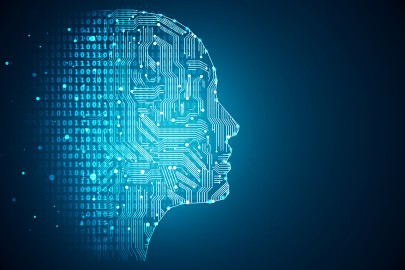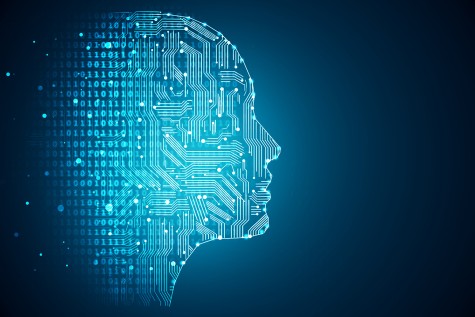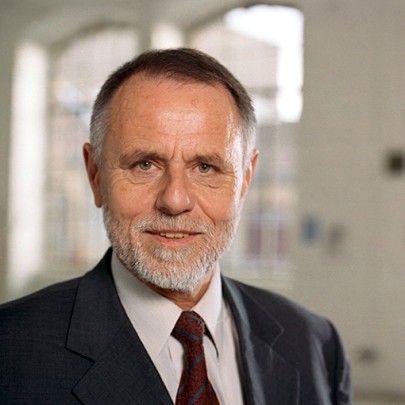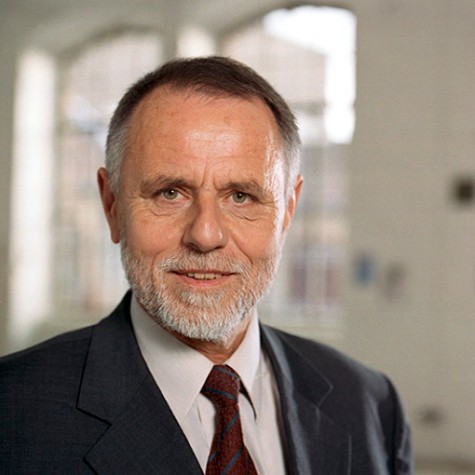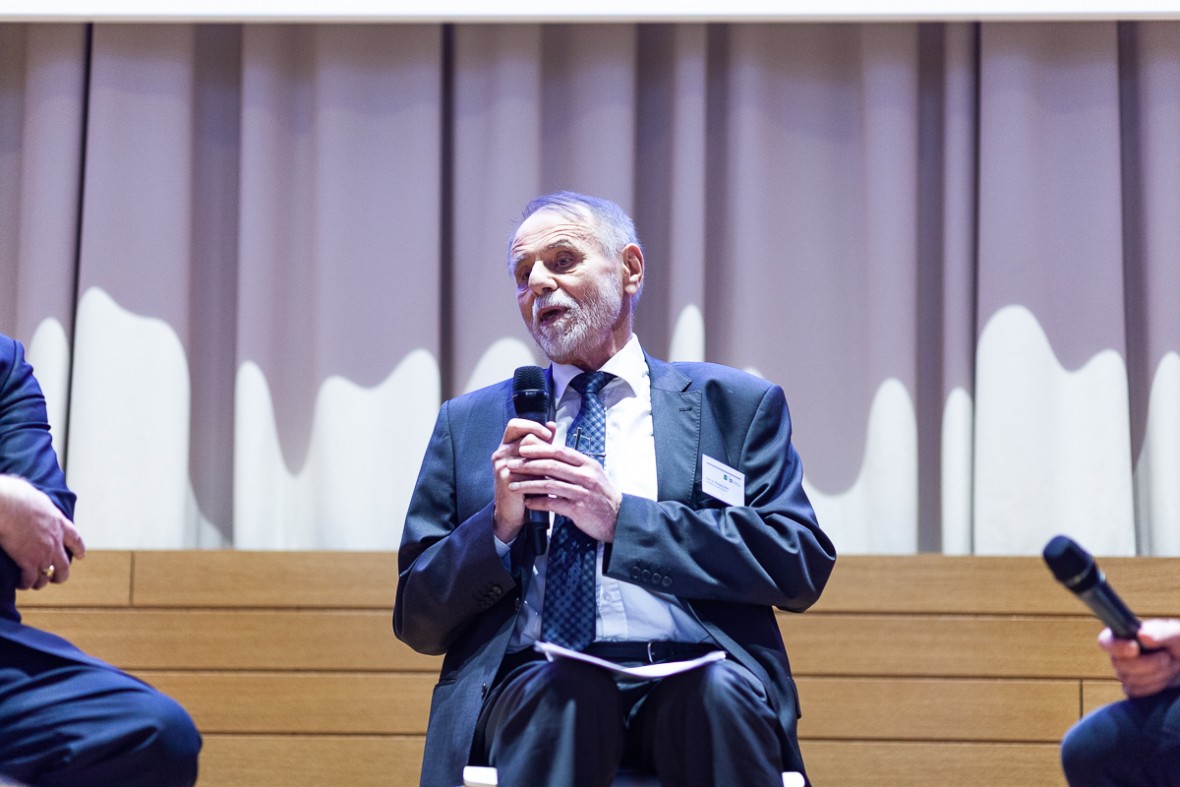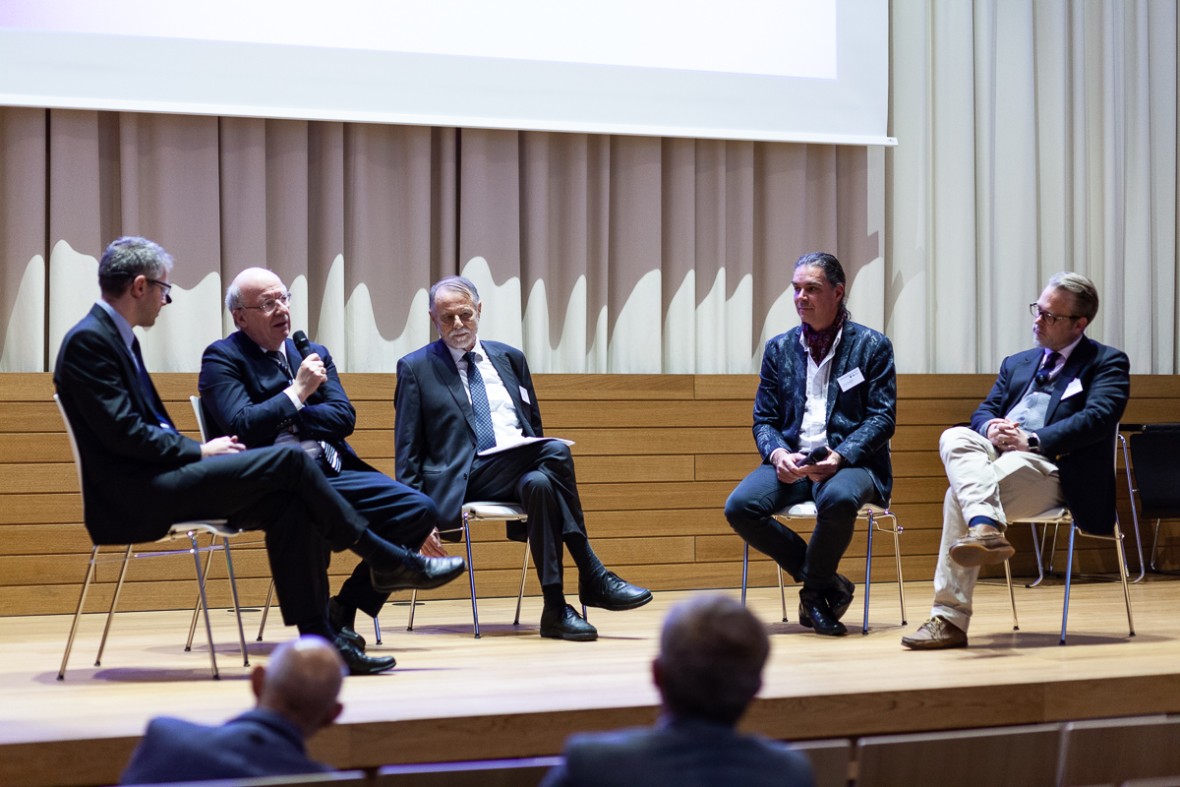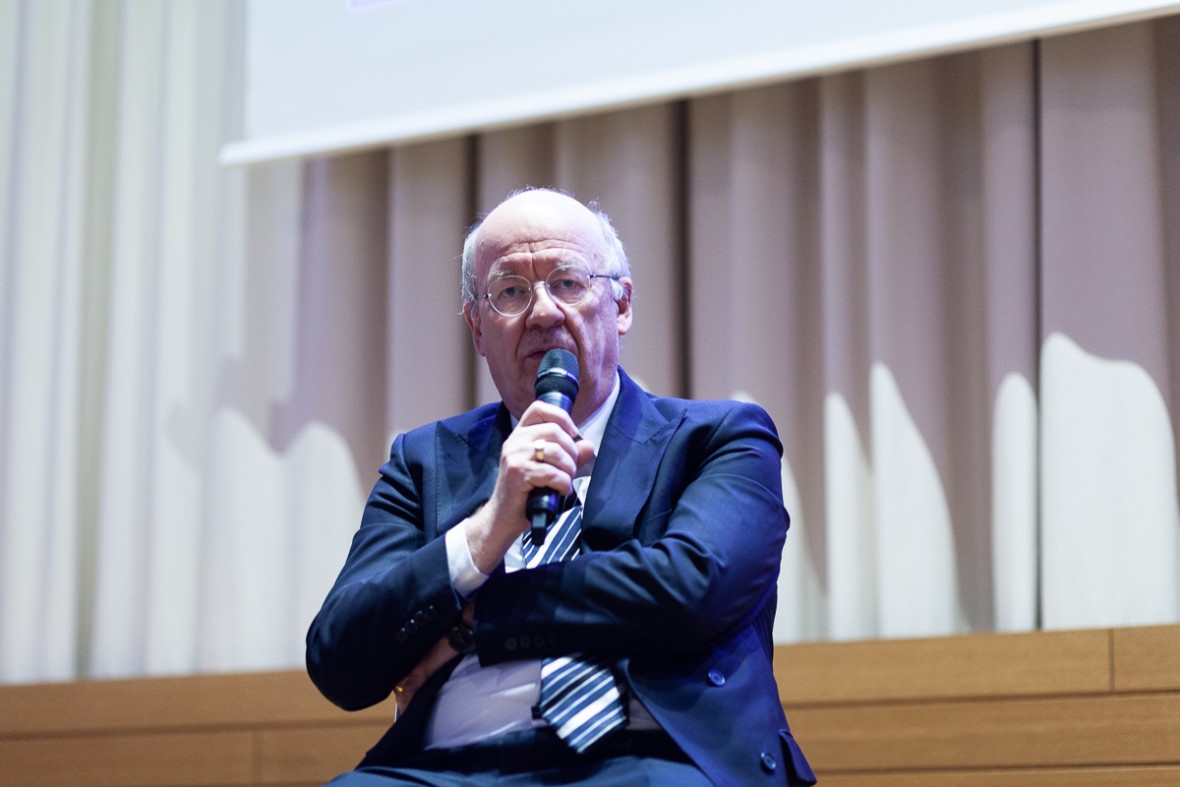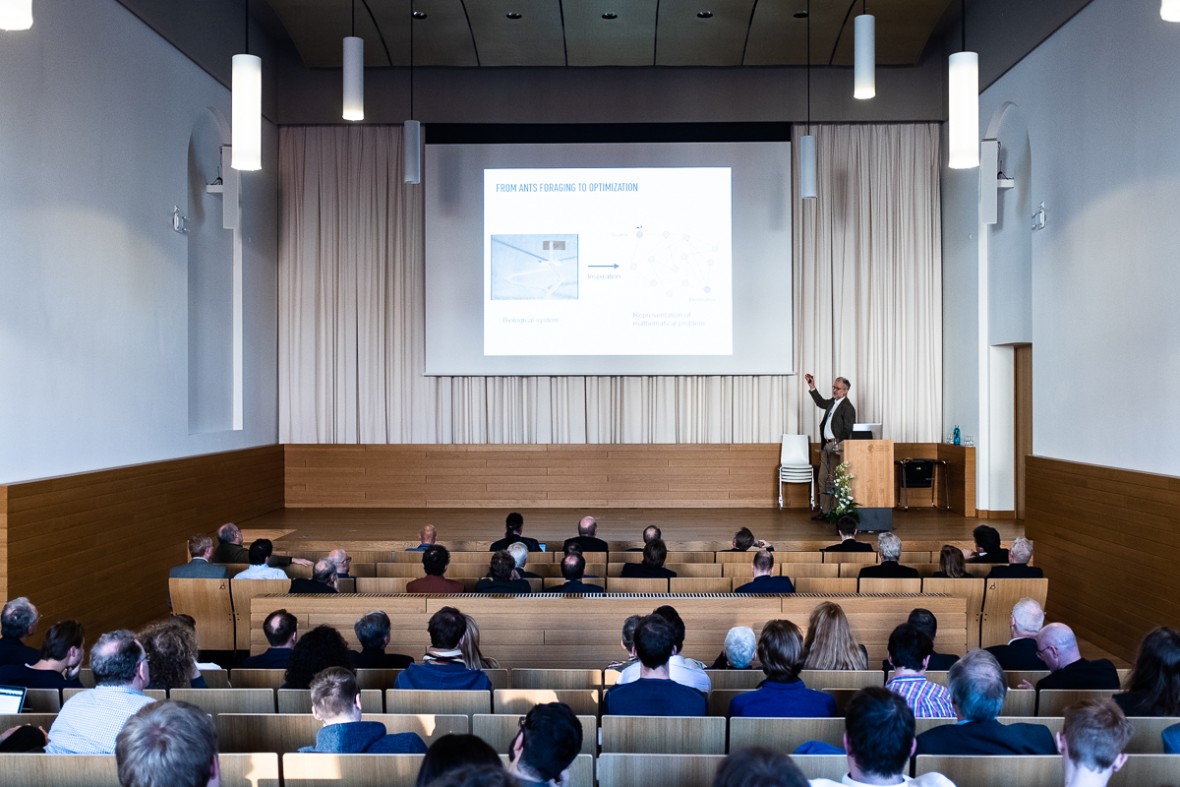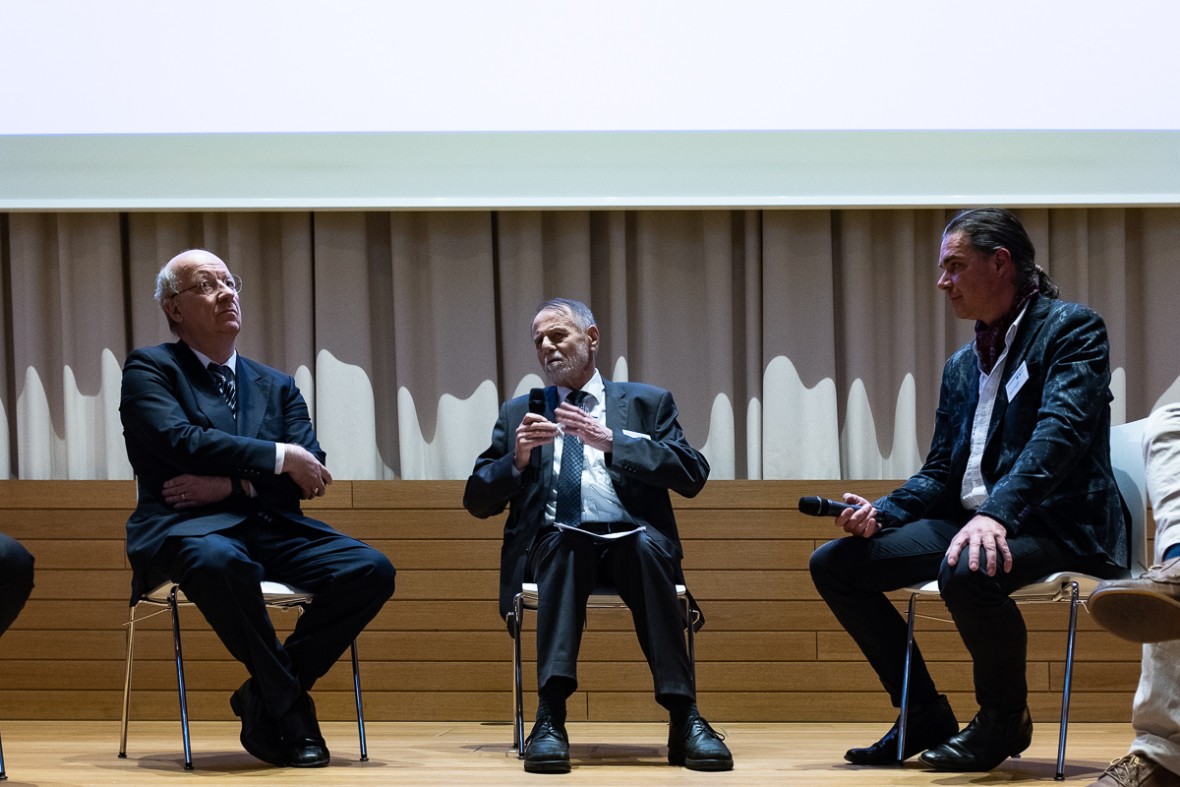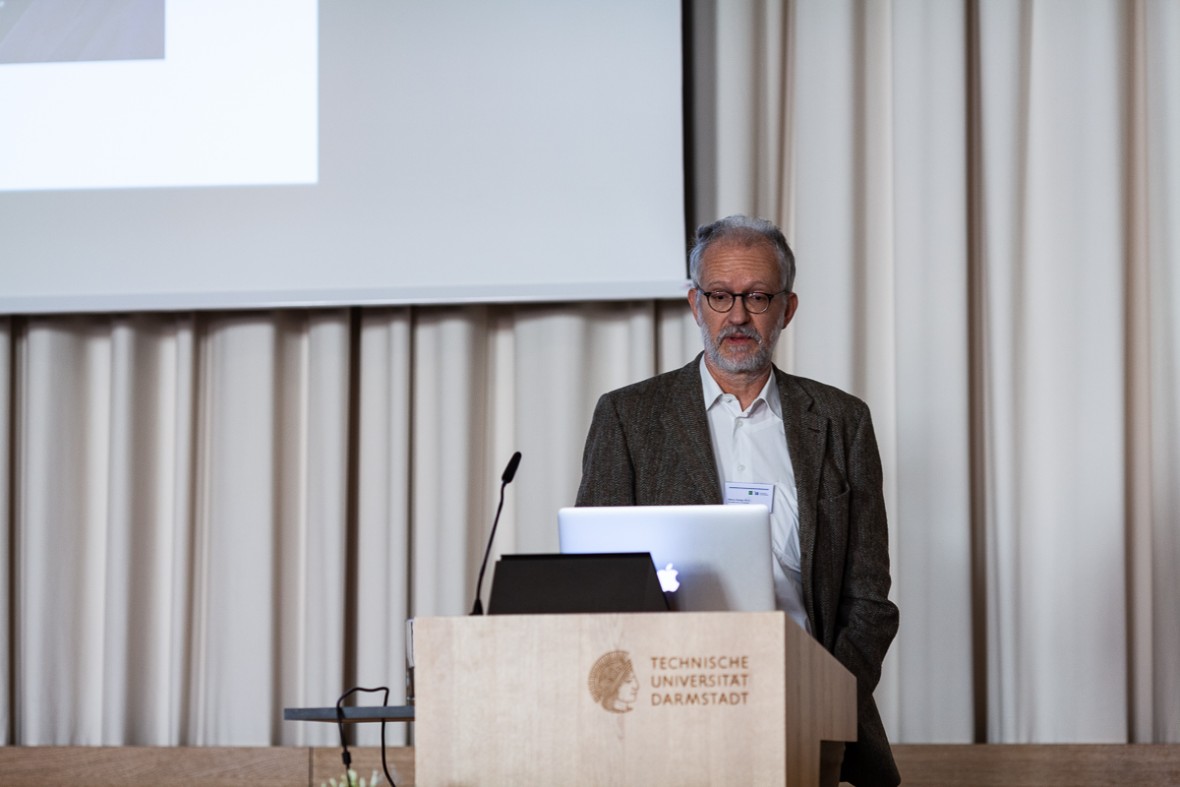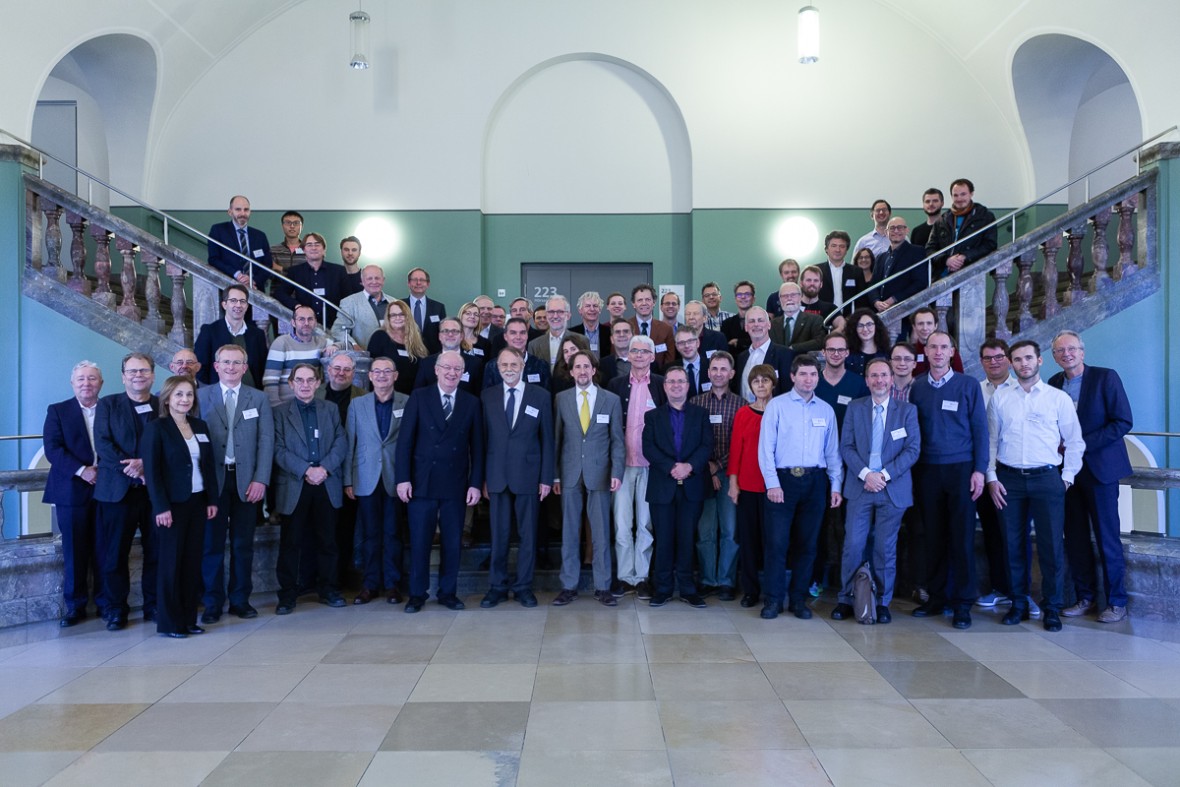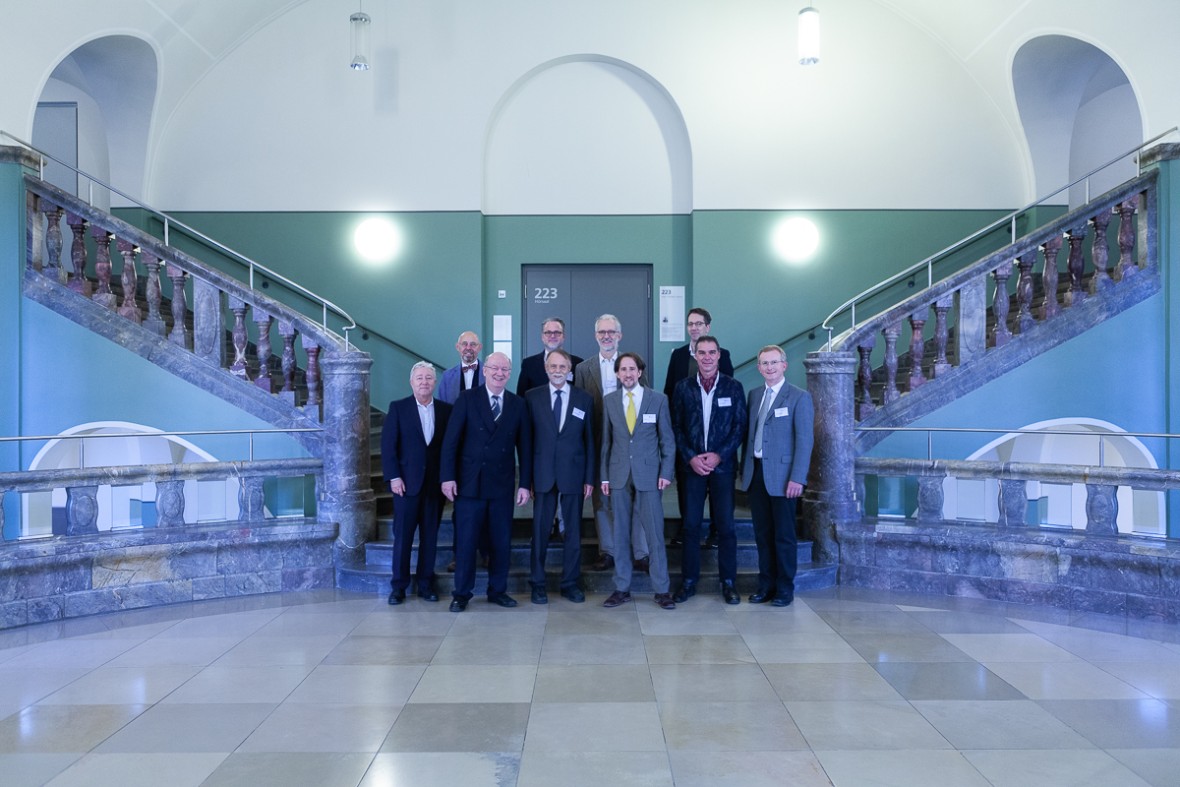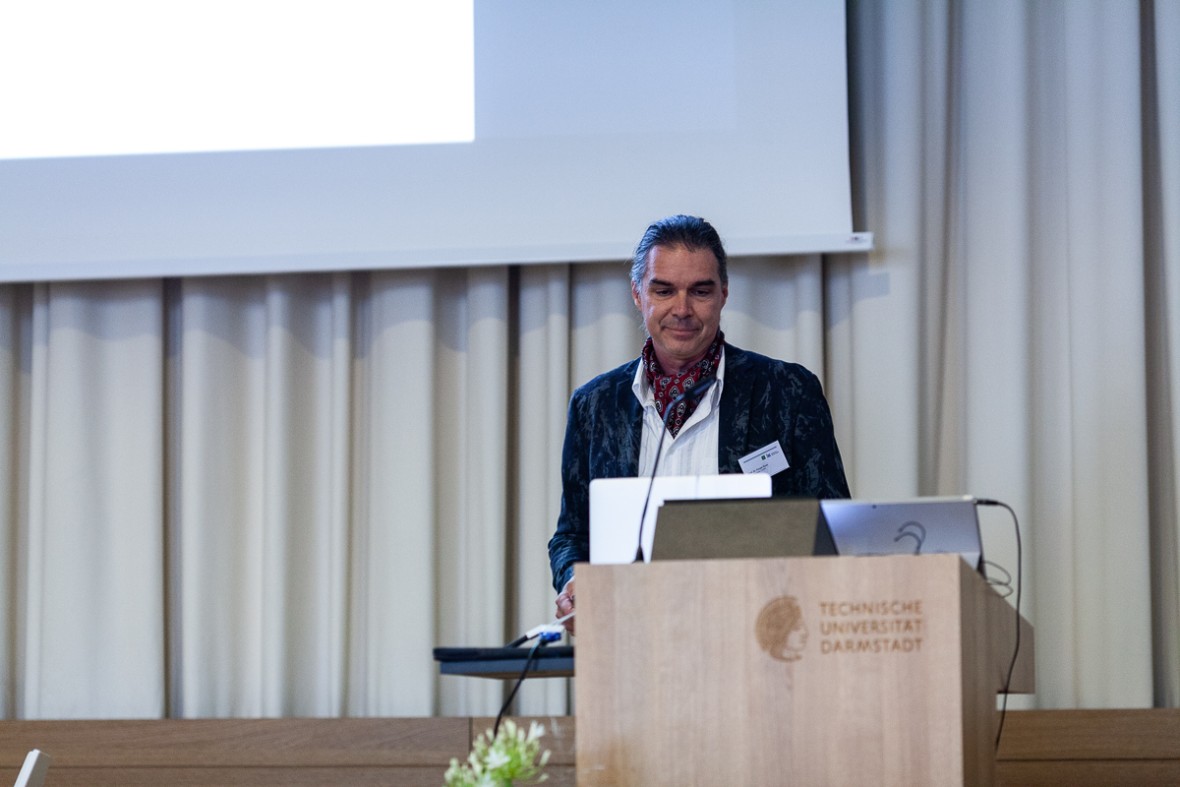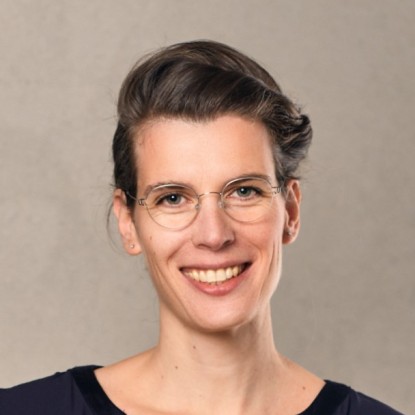Artificial Intelligence
How can computers reason, learn and act? How can computers learn with less help from us and data? How can intelligent machines and robots cooperate and interact with us in the loop?These are just few examples of the fascinating challenges in regards to Artificial Intelligence (AI).
Prof. Dr. Wolfgang Bibel has founded the research area Artificial Intelligence at the former TH in Darmstadt in 1988. Since then, he has been working constantly to foster and enlarge it. Now, 2018, he celebrates his 80th birthday and Artifical Intelligence has become one of the most important topics in science.
The Department of Computer Science regards Prof. Bibel‘s jubilee as an opportunity to higlight the history as well as the current AI research and thereby paying tribute to a pioneer’s lifetime achievement.
On the occasion of Prof. Dr. Wolfgang Bibel’s 80th birthday, the alumni of his research group and CLAIRE (Confederation of Laboratories for Artificial Intelligence Research in Europe) discussed the beginnings, the present and the future of AI-research during the scientific symposium.
Prof. Dr. Wolfgang Bibel has founded the research area Artificial Intelligence at the former TH in Darmstadt in 1988. Since then, he has been working constantly to foster and enlarge it. Now, 2018, he celebrates his 80th birthday and Artifical Intelligence has become one of the most important topics in science.
The Department of Computer Science regards Prof. Bibel‘s jubilee as an opportunity to higlight the history as well as the current AI research and thereby paying tribute to a pioneer’s lifetime achievement.
On the occasion of Prof. Dr. Wolfgang Bibel’s 80th birthday, the alumni of his research group and CLAIRE (Confederation of Laboratories for Artificial Intelligence Research in Europe) discussed the beginnings, the present and the future of AI-research during the scientific symposium.
Wolfgang Bibel is Professor emeritus for Intellectics at the Department of Computer Science of the Technische Universität Darmstadt. He also maintains an affiliation with the University of British Columbia in Vancouver, Canada as an Adjunct Professor. Before moving to Darmstadt in 1988, he was a Professor at the University of British Columbia in Vancouver and a Fellow of the Canadian Institute for Advanced Research. He also worked as a senior researcher at the Technical University in Munich and held visiting professorships at several universities (Rome, Duke, Karlsruhe, Saarbrücken, Wayne State a.o.).
Wolfgang Bibel received his PhD with a thesis in Mathematical Logic in 1968 and his Diploma in Mathematics in 1964 from the Ludwig-Maximilian University in Munich. His research history includes 200 publications as well as about 20 books and cover a variety of topics in Artificial Intelligence / Intellectics, such as automated deduction, architecture of deductive systems, knowledge representation and inference, planning, learning, program synthesis and aspects of applications of AI in disciplines like psychology, sociology, education and politics.
Professor Bibel served for many years on more than a dozen boards of journals and book series, for instance as Section Editor of the Artificial Intelligence Journal. In the years 1992 through 1998, he coordinated the national program on Automated Deduction in Germany. He was heavily involved in the foundation of Artificial Intelligence research and organization in Germany and Europe, for instance from 1982-1986 as founding president of ECCAI, the European AI organization and in 1987-1989, he served as President of IJCAII, the International Joint Conferences for Artificial Intelligence Inc.
Source: Intellektik



